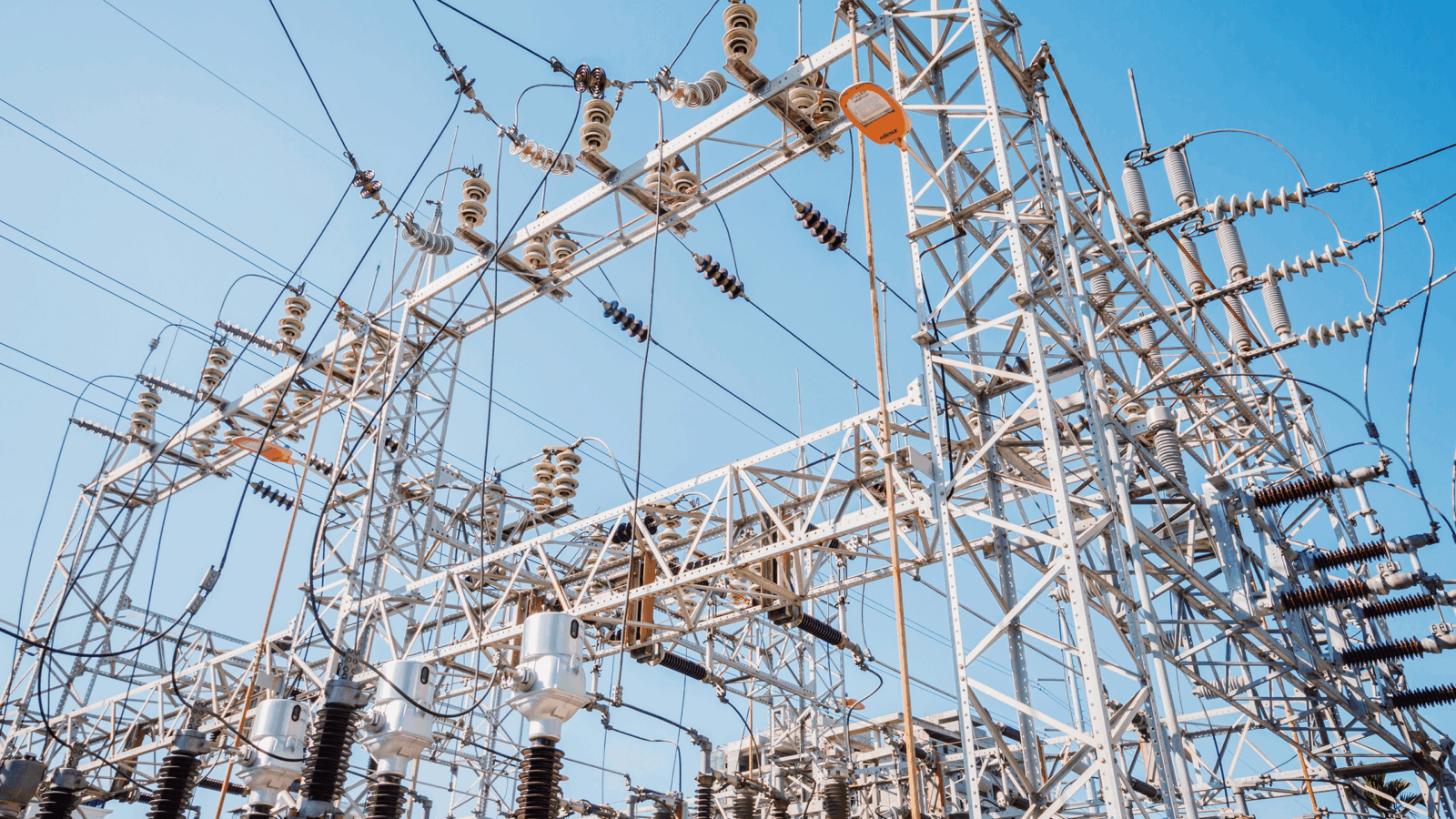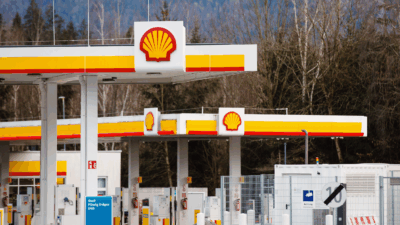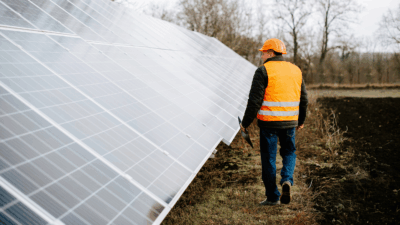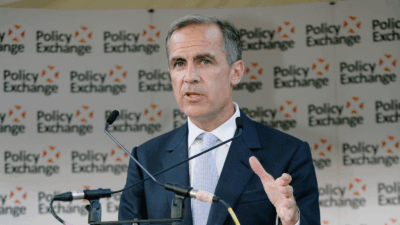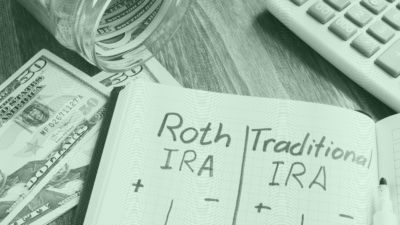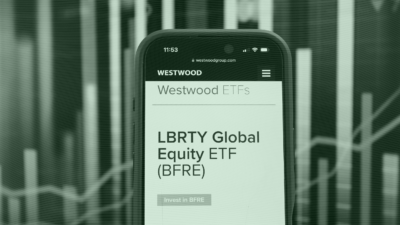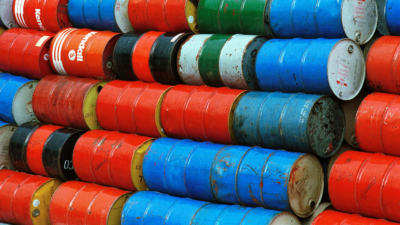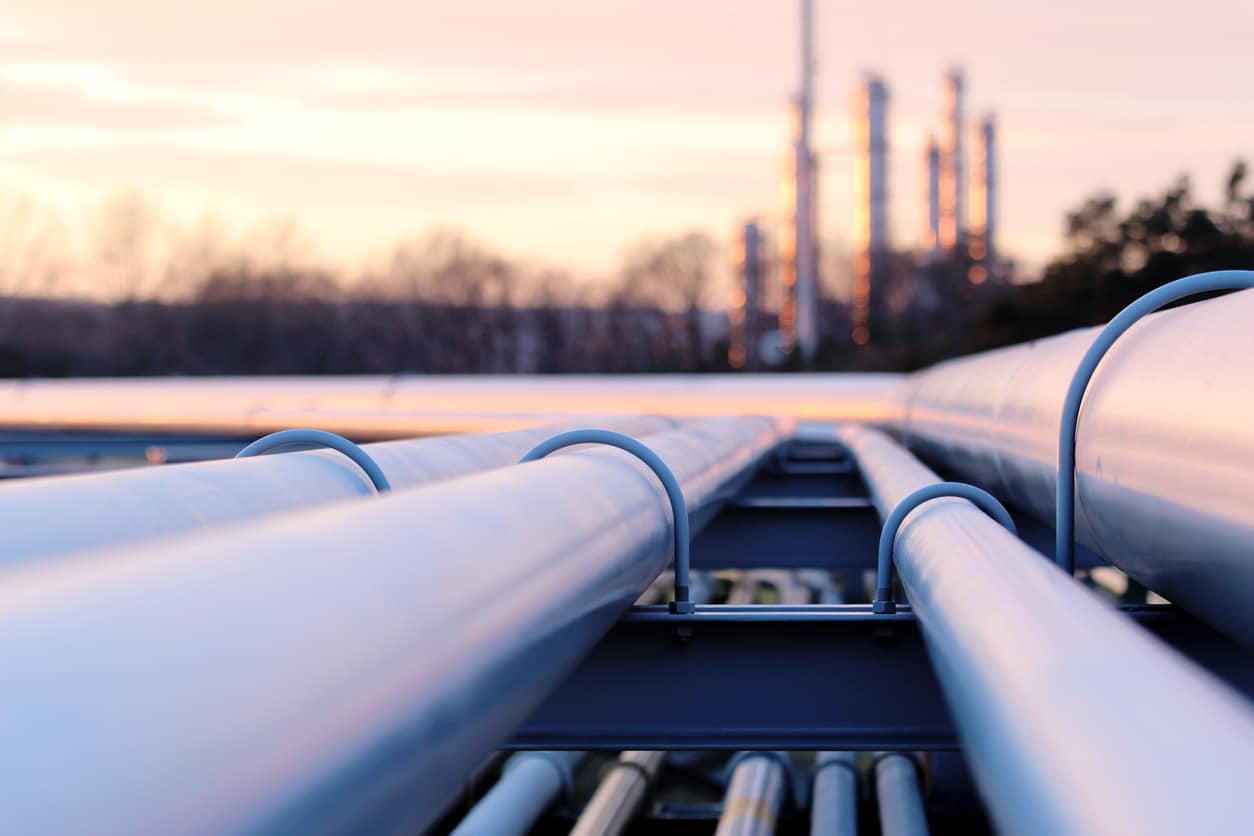
Sign up for smart news, insights, and analysis on the biggest financial stories of the day.
Despite a massive $24 billion write-down for its exposure to Russia, British oil giant BP and its industry peers are minting money faster than they’re pumping dead dinosaurs out of the Earth’s crust.
The British oil giant made it rain this Tuesday with news of a reported $6.2 billion underlying profit in the first quarter, up from $2.6 billion in the same period last year — crushing analysts’ expectations of $4.5 billion. The company now faces a delicate balancing act: returning that excess value to investors while assuring governments it isn’t profiteering in a struggling economy.
Don’t Mean to Be Crude
Acknowledging the obvious, BP attributed its standout earnings to “exceptional oil and gas trading.” Energy prices, including those for crude oil, have spent much of the year flirting with their highest values since the 2008 recession. At the same time, this is a deeply delicate moment to be making so much money in the UK’s energy sector.
British households are grappling with soaring energy bills after the country’s energy price cap went up 54% on April 1. Seriously — 54%. Researchers at the Resolution Foundation warned that as many as five million English households could be living in fuel poverty, meaning they were forced to spend over 10% of their income on fuel. Meanwhile, governments in Europe have debated whether energy companies should be taxed for so-called “windfall profits” or large sums made on commodity price swings that, as some would have it, hurt working people. With all this in play, BP was especially careful to make shareholders and watchful public officials feel like they were being listened to. Let’s drill down into the details:
- Unlike Italy, which plans to raise a tax on energy companies’ windfall profits from 10% to 25%, the UK government has not implemented a “windfall tax”. Chancellor of the Exchequer Rishi Sunak said that could change if UK energy companies don’t put enough of their profits back into the country. BP promised to invest £18 billion into UK green energy and fossil fuel development by 2030; this may or may not be enough to keep Sunak and his Cabinet peers at bay.
- To please loyal shareholders, who, before the energy boom, slogged through years of subpar results, BP is accelerating quarterly share buybacks to $2.5 billion worth by the end of the second quarter, up from $1.6 billion in Q1. By reducing the number of shares on the market, buybacks can increase the value of the remaining shares — more of a good thing for investors, who’ve already seen BP stock rise nearly 14% this year.
From Russia With Shrug: BP’s $24 billion write-down, meant to cover its retreat from Russia, was by far the largest loss from Russian operations by a major oil company. Rival Shell’s write-down was a comparatively modest $5 billion, Total’s $4 billion, and Exxon’s $3.5 billion. Still, BP brushed it off and said the loss won’t get in the way of getting cash back to its investors.
